
Paving businesses are on the brink of a technological revolution. From autonomous vehicles to real-time monitoring, emerging innovations are set to redefine how roads come together.
Dive into these five fresh technologies transforming road construction – and explore what’s next for this ever-evolving industry landscape.
Advanced Robotics in Road Construction
The use of advanced robotics is reshaping road construction processes, enhancing efficiency and precision. These robots execute repetitive tasks such as laying asphalt or positioning bricks with unmatched accuracy, reducing human error.
Automation increases safety by limiting human exposure to hazardous environments on construction sites.
Key benefits include:
- Improved Accuracy. Robots ensure uniform material application and alignment.
- Increased Productivity. Operations continue uninterrupted for longer periods.
- Enhanced Safety. Reduces direct worker involvement in dangerous tasks.
- Cost Efficiency. Long-term savings through decreased labour costs and minimized errors.
Ultimately, this technology enhances the speed and quality of infrastructure development, making it a critical asset in modern projects.
AI-Powered Quality Assurance Systems
AI-powered quality assurance systems are transforming the way paving businesses maintain standards and efficiency.
By utilizing machine learning algorithms, these systems can detect imperfections in materials or finished surfaces more quickly than human inspectors.
Advantages of AI-powered QA include:
- Early Detection. Identifies issues at earlier stages to prevent costly rework.
- Consistency. Ensures uniformity in material quality and application processes.
- Efficiency Boost. Speeds up inspections with high precision.
- Data-Driven Insights. Provides actionable data for continuous improvement.
These advanced systems enhance overall project outcomes by delivering higher-quality results while reducing time spent on manual checks, setting new benchmarks for excellence in the industry.
Autonomous Asphalt Distribution Vehicles
The integration of autonomous vehicles in asphalt distribution signifies a notable advancement within road construction. These specialized vehicles manage and deliver asphalt directly to construction sites without human drivers.
By optimizing delivery routes and schedules, they minimize delays and reduce emissions associated with traditional transportation methods. This innovation allows workers to focus on more intricate tasks on-site while improving productivity and safety standards.
As infrastructure projects continue expanding globally, these autonomous systems are poised to become fundamental components in modern paving operations.
Real-Time Traffic Flow Monitoring Technologies
Real-time traffic flow monitoring technologies provide paving businesses with critical insights to manage and plan construction projects efficiently. Utilizing advanced sensors and analytics platforms, these systems gather data on traffic patterns, volume, and speed across road networks.
This information helps project managers make informed decisions about optimal work schedules that minimize disruption to daily commuters. Implementing such technology enables more effective allocation of resources and improves communication between construction teams.
Moreover, by predicting potential bottlenecks or delays in advance, companies can proactively address issues before they escalate.
Overall, this leads to smoother project execution while enhancing public satisfaction through reduced congestion during roadworks.
Paving in New Jersey, Ontario, Greater London or anywhere else becomes much easier for paving businesses when real-time traffic flow monitoring technologies are utilized.
IoT Devices for Predictive Maintenance
Lastly, predictive maintenance leverages Internet of Things devices to revolutionize equipment management in the paving industry.
Sensors embedded within machinery continuously collect and transmit data on performance metrics like temperature, vibration, and wear. Analyzing this information enables companies to predict potential failures before they occur.
This approach helps avoid unexpected breakdowns that disrupt project timelines and increase costs.
Instead of relying on traditional scheduled maintenance, which can lead to unnecessary downtime or overlooked issues, predictive models provide a tailored solution for each piece of equipment.
Businesses benefit from reduced operational interruptions and optimized resource allocation by maintaining machinery only when necessary, extending its lifespan while enhancing overall productivity.
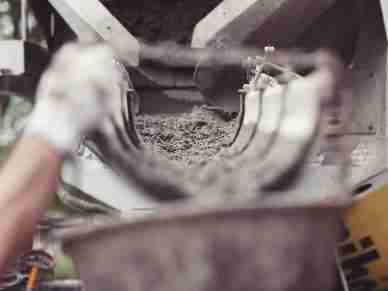

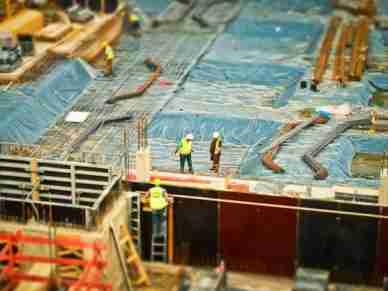
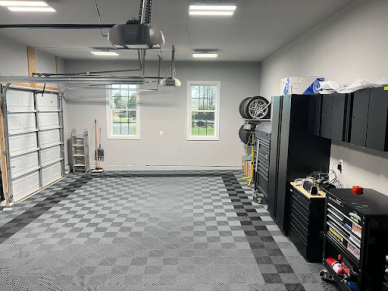

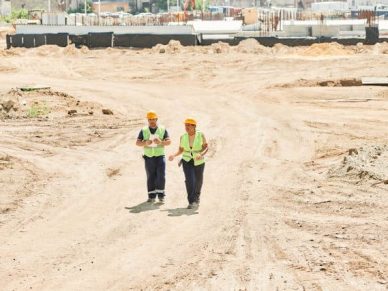


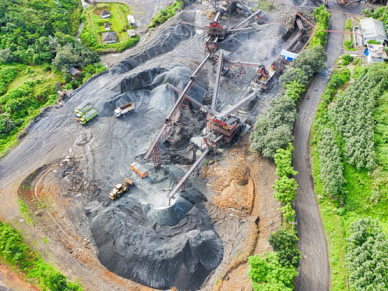






Leave a Reply